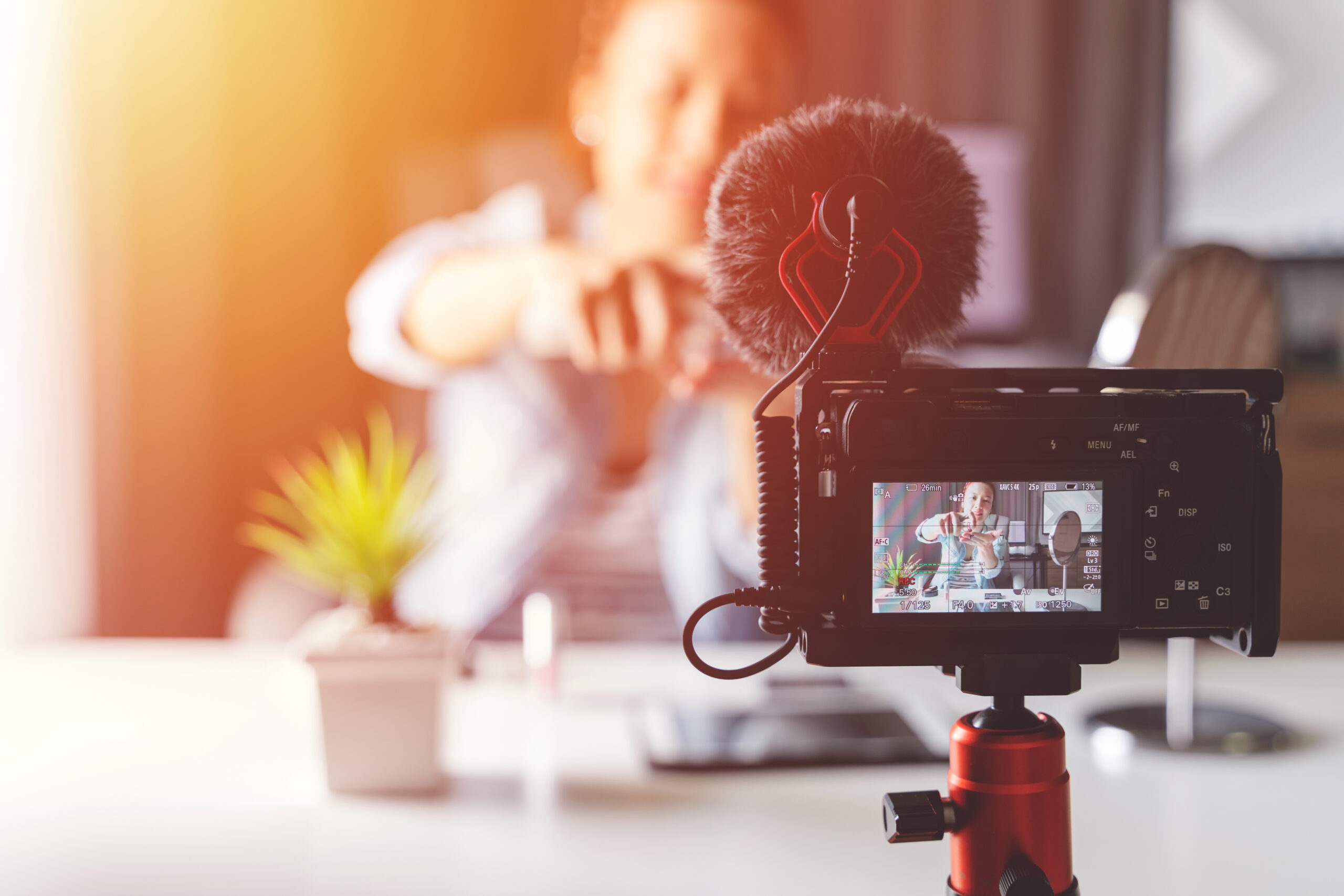Tired of shouting into the social media void? If this is the case, you’ve got to expand your marketing horizons beyond traditional advertising. These days, customers are inundated with advertisements, and as a result are more and more drawn to online authenticity; this is where influencer marketing thrives. Influencer marketing harnesses the power of social media stars to build genuine connections between brands and their consumers, breaking through the noise by collaborating with trusted creators.
In this age of nonstop digital communication, influencer marketing is more than simply a passing trend — it’s a game-changer. It bridges the gap and enables you to establish a genuine and compelling connection with your target audience. Here are our seven strongest arguments for including influencer marketing in your marketing toolkit.
What is influencer marketing?
Influencer marketing is a strategy that uses collaboration with people who have a sizable social media following to promote products and services. These collaborators, which can include celebrities, influencers, and popular social media users, leverage their relationships and trust with their followers to provide genuine and convincing brand/product endorsements. This approach fosters a more organic connection between the brand and its potential customers compared to traditional advertising. Now, let’s dive into the benefits of this strategy and why it holds significant value.
Why is influencer marketing important?
Let’s dive into why influencers are so important and how they can elevate your marketing strategy.
1. Increased authenticity and reach
Influencers reach a wide range of audiences by amplifying your brand’s voice on multiple platforms. They provide a human touch to advertising that’s frequently lacking in conventional forms like email, phone calls, billboards, and broadcast ads. Content creators share their real-life product experiences, fostering authenticity and trust with their audience. Because their recommendations are viewed as more relatable and reliable, micro-influencers (those with less than 10,000 followers) often have highly engaged communities. Transparency is key, as customers increasingly value genuine recommendations over impersonal marketing tactics.
2. Increased engagement and conversion rates
Engagement rates from influencer marketing are far higher than those from traditional advertising, resulting in an average engagement rate of 4.2%. Additionally, over 60% of consumers trust recommendations from influencers. In digital marketing, engagement is essential since it directly affects customer behaviour and increases conversion rates. Influencers produce content that appeals to their audience, increasing the likelihood that this audience will take an action — like clicking on a link or making a purchase. These benefits can be enhanced further by performance-based influencer marketing, which concentrates on particular results like conversions. This approach combines the credibility of influencers with the accuracy of performance indicators to optimise return on investment.
3. Impact on buying decisions
Influencer marketing has a major effect on purchasing decisions. This is especially true considering 75% of people use social media for purchasing advice. Because influencers are seen as trusted sources of information and admired figures, their recommendations hold significant weight with consumers. For example, influencers can effectively change views and boost sales during product launches or promotional campaigns by using genuine storytelling and personal endorsements.
4. Cost-effectiveness
Prices for billboards are relatively high and not permanent; traditional billboards typically range from £200 to £2,000 per week, while digital billboards average £1,000 per week. In contrast, influencers typically charge £1,203 for a micro-influencer post on Instagram, and £60,476 for a celebrity influencer (1 million followers and up). Posts by influencers remain online indefinitely, unlike billboards, making influencer advertising significantly more profitable.
By partnering with influencers whose audience demographics closely align with their target market, brands can reduce wasted advertising and boost the efficiency of their advertising expenses. This can result in a lower entry cost into the market while still having a significant marketing impact, especially for startups and smaller firms. Working with micro-influencers who have smaller, more devoted followings can also result in higher conversion rates and better budget management.
5. Enhanced Content Strategy
Influencer partnerships can hugely improve a brand’s content marketing strategy. Influencers create engaging and dynamic content that draws in and keeps viewers interested. In addition to adding variety to the brand’s marketing materials, this content gives it a level of relevancy and authenticity that isn’t always possible with traditional corporate content. Influencers’ user-generated content (UGC), for instance, can be reused on social media and in marketing campaigns to offer real endorsements that appeal to potential customers.
6. Adaptability to Trends and Platforms
For brands trying to stay relevant, influencers are vital. They’re constantly at the forefront of social media trends and platform developments, adept at spotting what resonates with audiences due to their ongoing content experimentation and audience interaction. Influencers’ ability to quickly change up their content and tactics to match with new features or emerging platforms enables them to sustain audience involvement and interest. They are essential for brands that need to keep on top of digital marketing trends but lack the scope or budget to continuously rework their own tactics, due to their ability to successfully navigate these changes.
7. Improved SEO
Collaborations between brands and influencers can also enhance a brand’s SEO (search engine optimisation) efforts. Influencers provide more external connections and relevant material; when they mention a business or link to its website, search engine rankings can improve as a result. Additionally, the social signals generated by influencer activities are considered by search engines when ranking websites. This increased visibility can lead to more organic traffic, an essential element of sustainable online marketing.
Ready to Explore Influencer Marketing?
Influencer marketing offers a more human way of interacting with customers than traditional advertising. The strategic integration of influencer marketing can increase brand exposure, improve engagement, and boost overall marketing effectiveness as digital platforms continue to act as the dominant consumer landscape.
Are you ready to use influencer marketing to improve your brand? Explore forming partnerships with influencers to benefit from their engagement, reach, and credibility — it’s never been easier to enhance your marketing goals. Take a look at how Pitch can bring your influencer marketing goals to life here.






